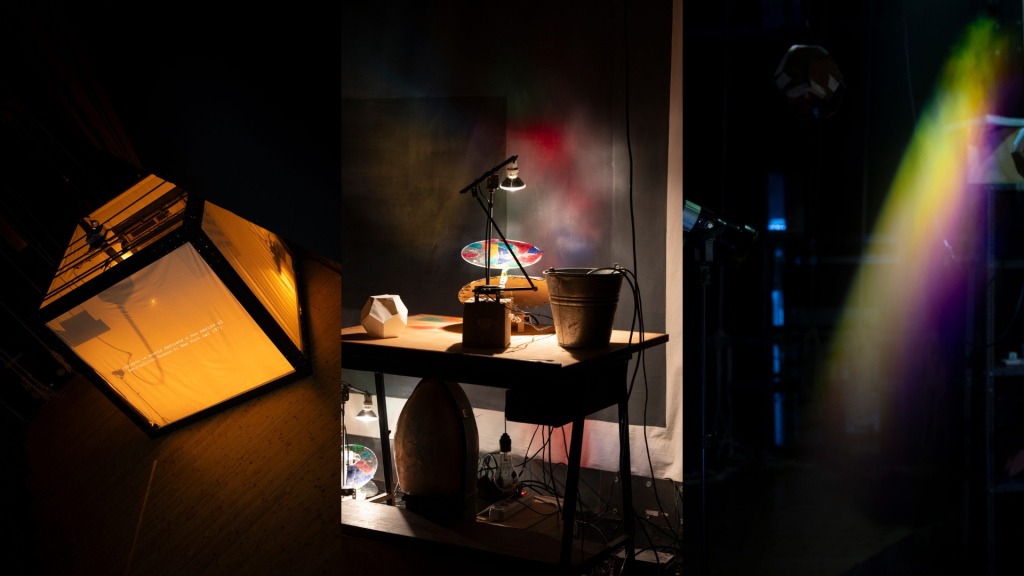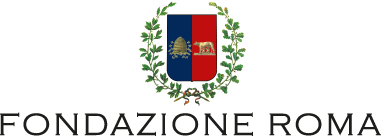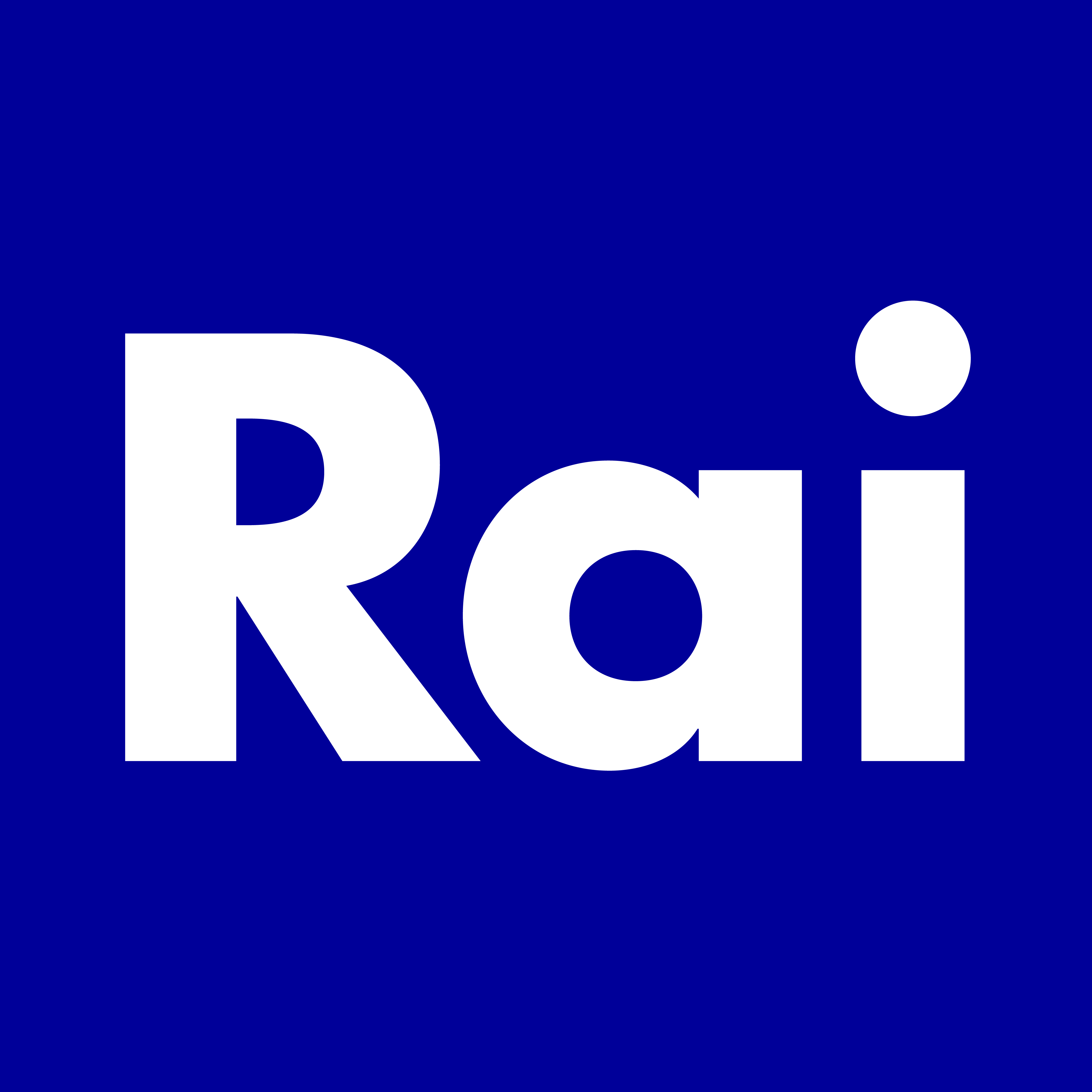For english version scroll down
Download programma ITA / Download program ENG
Info & Box office /Â 06.45553050
Dal 22 al 27 ottobre, negli spazi della Pelanda del Mattatoio, vi aspetta Squares do not (normally) appear in nature un percorso sonoro e d’immagini ispirato alla vita e all’opera del pittore Josef Albers. Astrazione, consapevolezza del colore attraverso luce, nebbia, vetro, fonts e immagini diventano protagonisti della scena, metafora letterale della ricerca dell’artista tedesco, parte del movimento Bauhaus.
Se hai acquistato un biglietto per nuvolario – Music for 18 musicians abbiamo pensato ad una promo speciale: puoi acquistare il tuo biglietto per Squares do not (normally) appear in nature a 5 euro, ti basterà chiamare il nostro Box Office allo 06.45553050 o scrivere una mail a promozione@romaeuropa.net
Il regista Filippo Andreatta ha sempre immaginato il teatro come uno spazio artigianale, un microcosmo in cui la visione si genera attraverso l’azione performativa di colori, luci, suono, materiali poveri e movimento scatenando il potenziale immaginativo ed emotivo dello spettatore. Squares do not (normally) appear in nature appare come il sunto di questa idea di teatro che, lontana dal rifiutare la narrazione, mostra la potenza drammaturgica nell’accostamento degli stimoli visivi e uditivi. Tredici sono gli esperimenti di suono e immagine al centro di questa performance senza attori ispirata alla vita e all’opera del pittore Josef Albers. Gli attriti con il nazismo, la nuova vita negli Stati Uniti sono solo alcuni degli elementi biografici che sembrano determinare un nuovo modo di guardare e comprendere il mondo legato all’osservazione degli aspetti sensibili e fisici della realtĂ . Ed è questa esperienza, come concepita da Albers nella sua didattica dagli anni del Bauhaus al Black Mountain College e a Tale, che Andreatta prova a mettere in scena invitando il pubblico ad utilizzare uno sguardo nuovo e di cercare nell’astrazione piccoli frammenti della nostra realtĂ .Â
Immerse yourself in the installation experiments of Squares that do not (usually) appear in nature with a special PROMO
From 22 to 27 October, in the spaces of the Pelanda del Mattatoio, Squares do not (usually) appear in nature; a sound and image journey inspired by the life and work of painter Josef Albers awaits you. Abstraction and awareness of color through light, fog, glass, fonts, and images become the protagonists of the scene, a literal metaphor for the research of the German artist, part of the Bauhaus movement.
If you have bought a ticket for nuvolario – Music for 18 musicians, we have thought of a special promo: you can buy your ticket for Squares, which do not (usually) appear in nature, for 5 euros; just call our Box Office at 06.45553050 or write an email to promozione@romaeuropa.net
Director Filippo Andreatta has always imagined theatre as a craft space, a microcosm in which vision is generated through the performative action of colors, lights, sound, poor materials, and movement, unleashing the spectator’s imaginative and emotional potential. Squares do not (usually) appear in nature. Still, they seem to summarize this idea of theatre that, far from rejecting narration, shows the dramaturgical power of combining visual and auditory stimuli. Thirteen sound and image experiments are at the center of this performance without actors inspired by the life and work of painter Josef Albers. His friction with Nazism and his new life in the United States are just some of the biographical elements that seem to determine a new way of looking at and understanding the world linked to the observation of the sensitive and physical aspects of reality. And it is this experience conceived by Albers in his teaching from the Bauhaus years at the Black Mountain College and in Tale that Andreatta tries to stage by inviting the public to use a new gaze and to search in abstraction for small fragments of our reality.
















